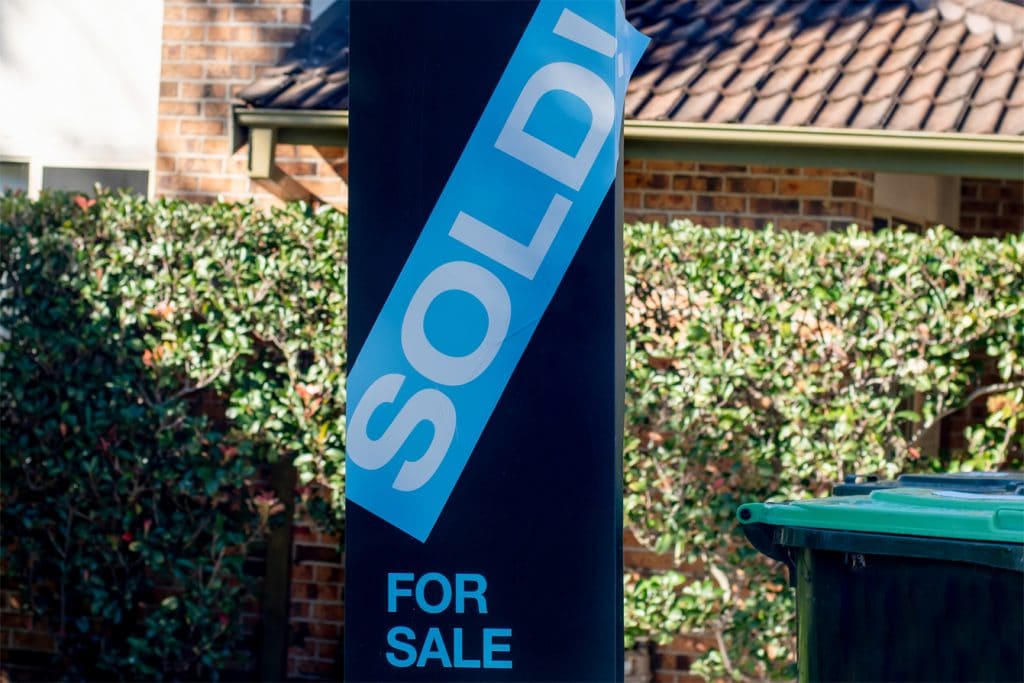
Stephen Cauchi
22 April 2022
Inequality is increasing due to soaring housing costs which are causing more young adults to rely on family support, according to a new study by the Brotherhood of St Laurence.
Many 30-year olds remain dependent on family assistance due to the rising cost of housing, the study found.
Owning a home of one’s own is a distant dream for many because of the soaring price of homes and rentals, the report concluded.
Researchers Ursula Harrison and Dina Bowman said the Life Chances study had observed a trend of 30-year-olds needing to rely on family resources, particularly because of insecure employment and unaffordable housing.
The report noted 30-year-olds’ reliance on family support was a “quantum change” from what their own parents experienced when they were the same age.
It said this reliance on family safety nets increased inequality and injustice, as 30-year-olds with better-resourced families could “lean on their privilege” in touch times, unlike those with less-affluent families.
The age of 30 used to be a pivotal age by which time individuals had developed a more assured sense of self with consolidated careers, relationships and housing arrangements, the report said. But it warned this was no longer automatically the case.
The report said providing more affordable housing for home buyers and renters was vital to addressing the housing crisis. This included making sure there was enough social housing, offering more secure occupancy for private renters, expanding schemes allowing lower deposits for first home buyers, and slowing house prices by clawing back tax incentives that perpetuated investors’ domination of the housing market.
The study found that renting had reached record levels, while the dream of home ownership had retreated. In 1986, 55 per cent of 25-34-year-olds owned a home, compared to 44 per cent in 2016 and 37 per cent in 2018.
Nine per cent of adult children aged 25 or over were living in the family home in 2016, compared to seven per cent in 1991.
The greatest falls in home ownership had been among low-to-moderate income households, including single-income households.
The report said older homeowners had benefitted from steep increases in property values, particularly in the major cities. This had led to the “bank of Mum and Dad”, who were parents able to support their adult children financially, directly or indirectly.
The report said housing was now understood as a tradeable asset rather than as a home.
“Housing is increasingly seen as a way to build wealth, rather than as a social good, favouring those who understand the logics of the financialised housing market and who can afford to accumulate assets through property investment,” it stated.
And despite low interest rates, 30-year-olds faced more barriers to accruing a home deposit than their parents, the report said. These included employment precarity, income insecurity, high costs of study and high rents.
The lack of social housing exacerbated the problems of affordability in the private housing market, the report noted.
The study, the findings of which were released in April, was conducted using survey responses and interviews collected in 2019 and 2020.
For more faith news, follow The Melbourne Anglican on Facebook, Twitter, or subscribe to our weekly emails.







